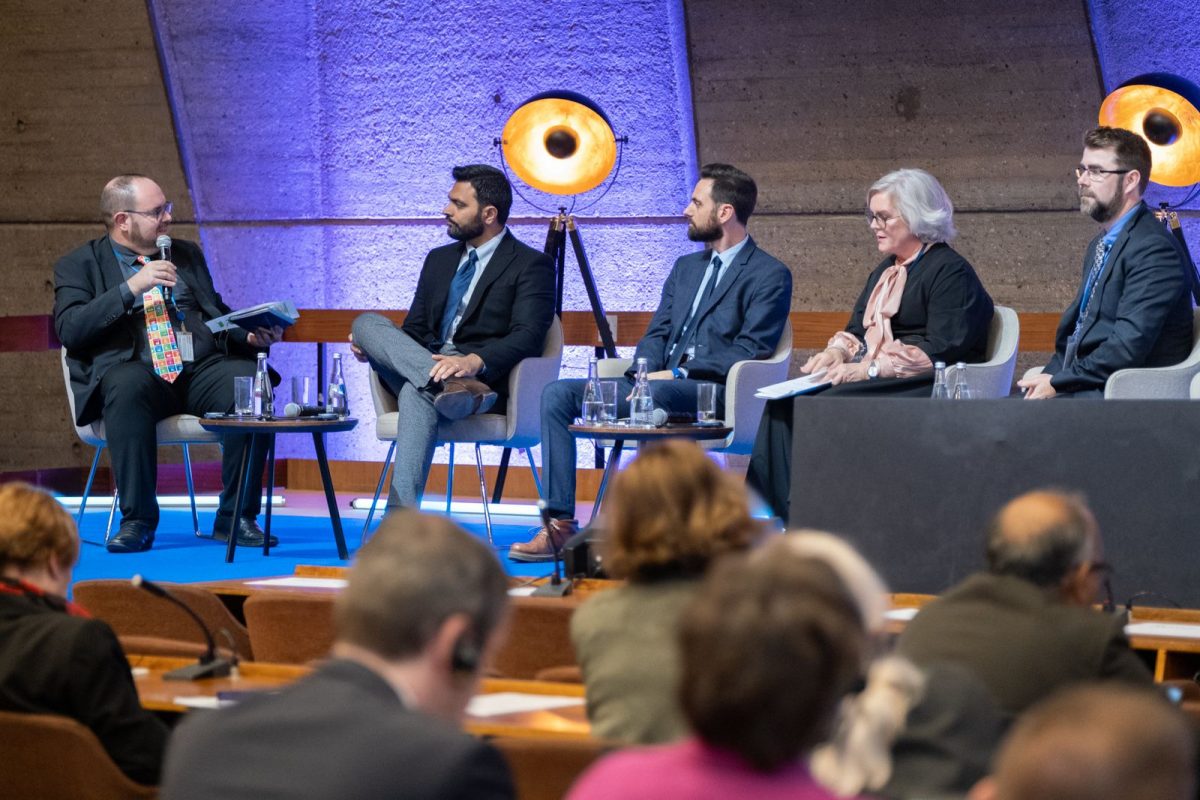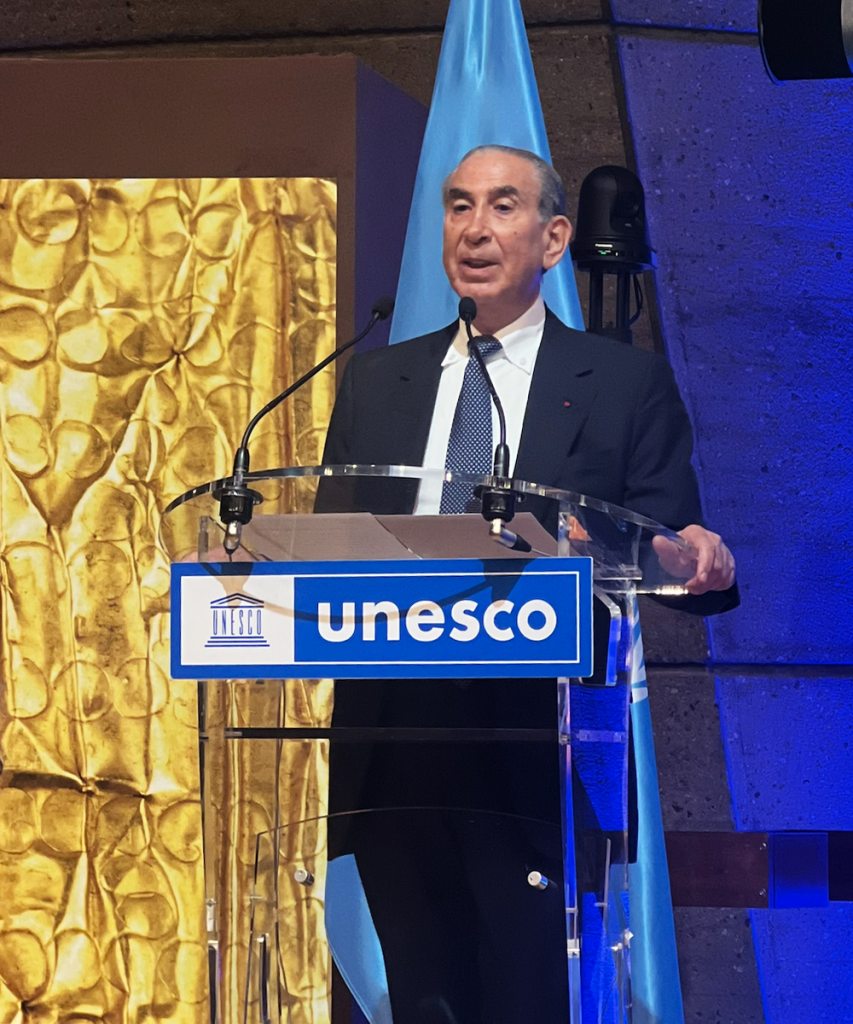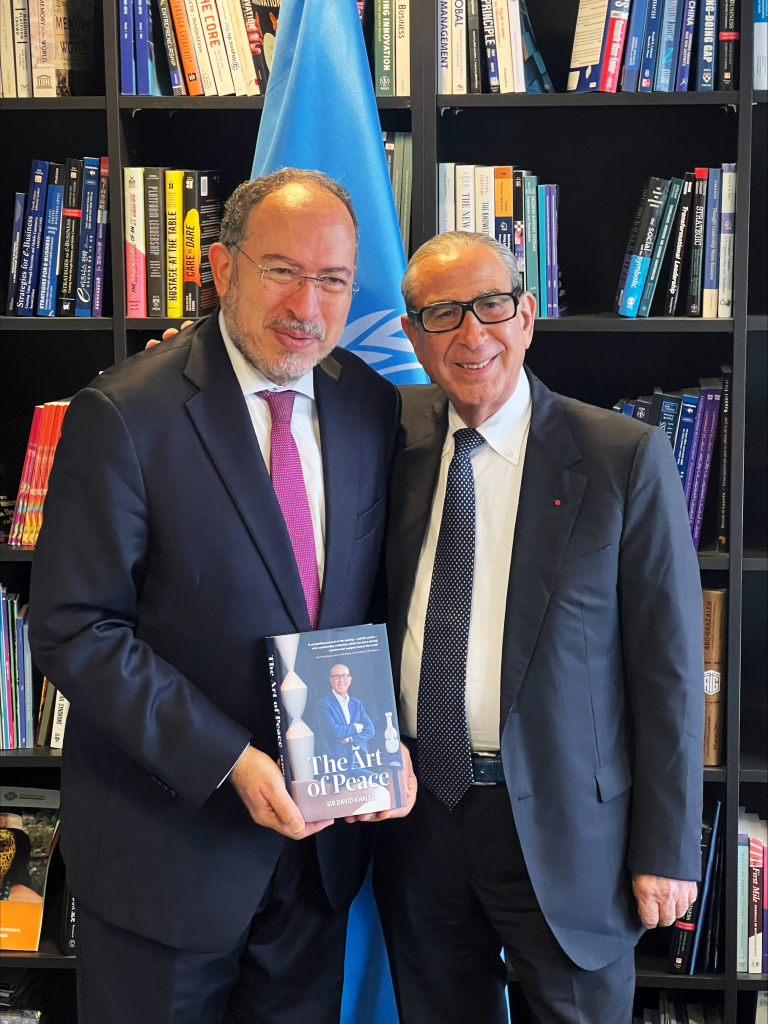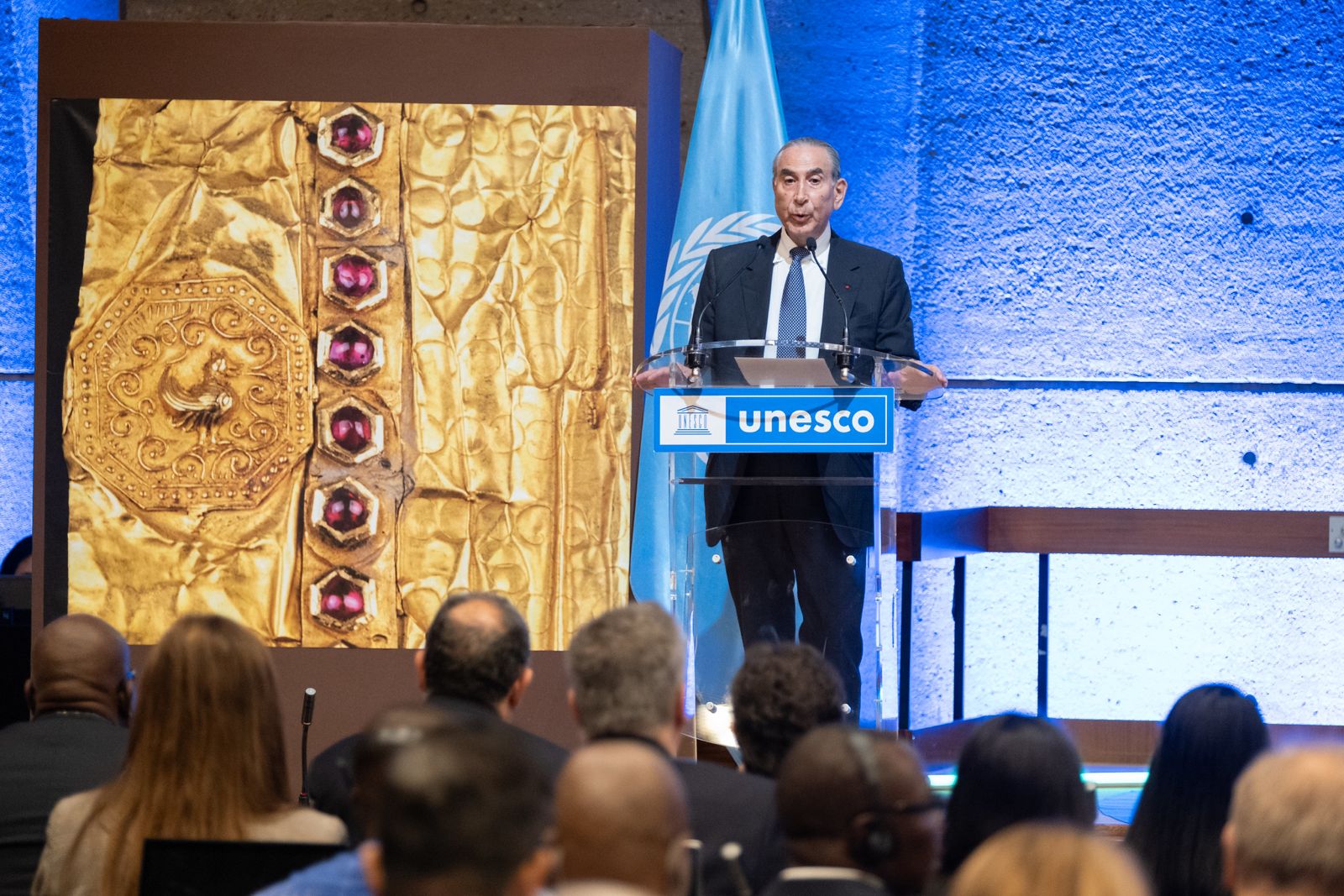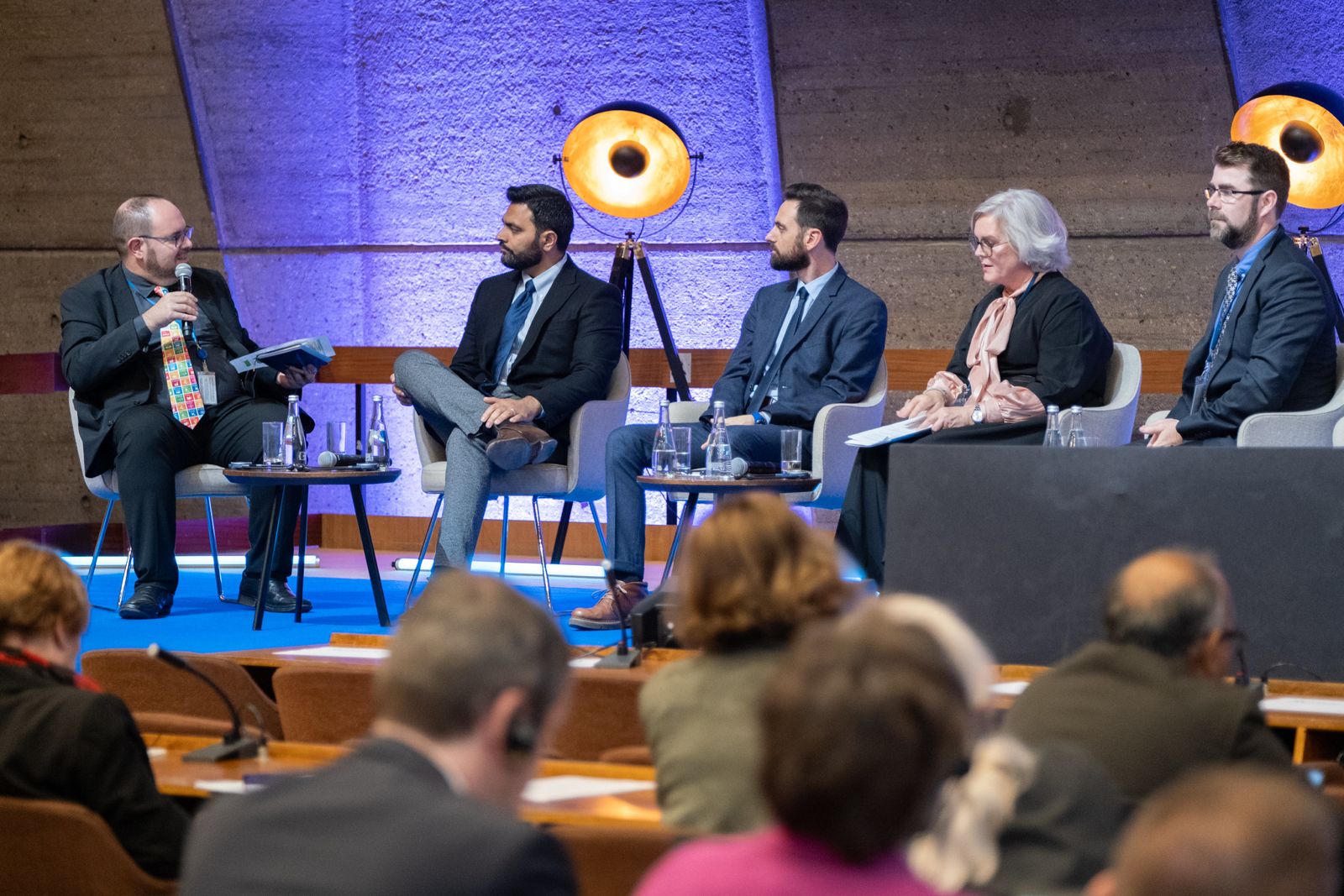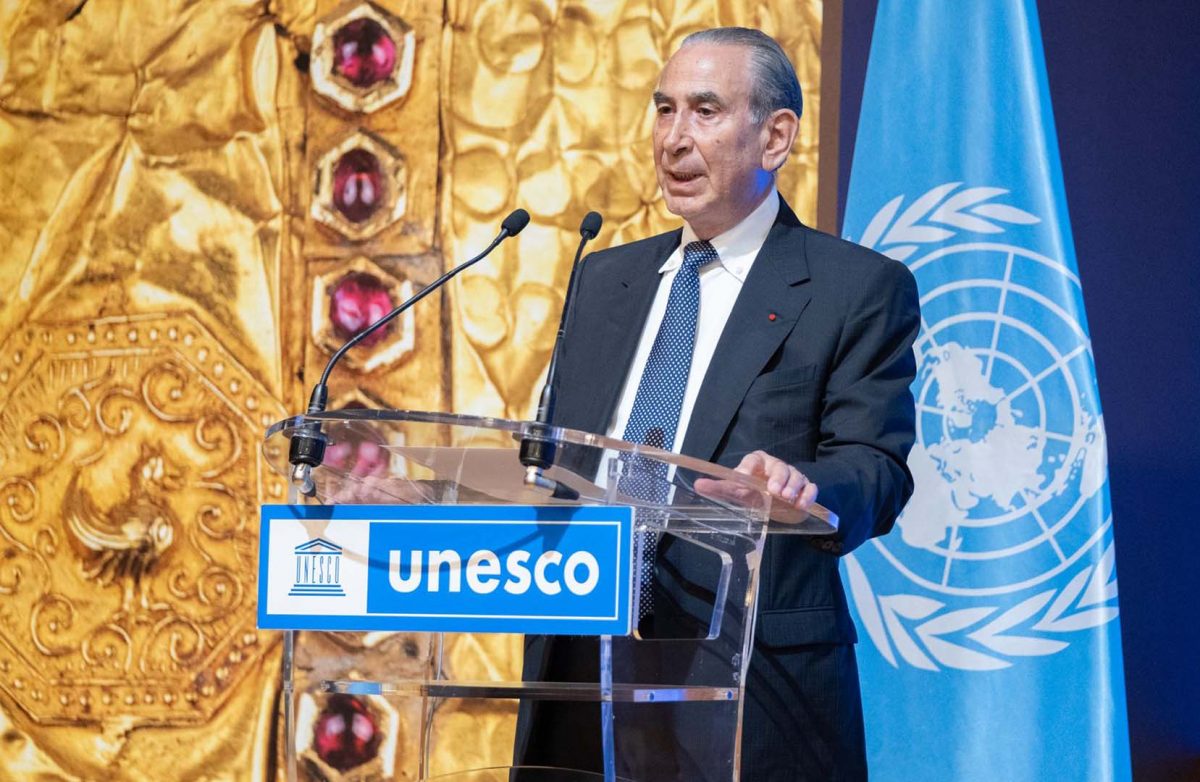


The Khalili Foundation has announced a new partnership with UNESCO: funding support for the Memory of the World programme, which seeks to digitally preserve the incredible diversity of the world’s documentary heritage.
The 496 Memory of the World inscriptions cover a vast array of cultures, time periods, religions, and initiatives for peace. Many of these inscriptions relate to underrepresented communities, from African, Latin American, and indigenous cultures, to important religious texts and archives outside the Abrahamic faiths. The register also houses powerful documents connected to movements for human rights and reconciliation.
This partnership between the Khalili Foundation and UNESCO presents numerous opportunities to amplify these lesser-known narratives. Together, we will work to create and translate Wikipedia articles about the Memory of the World register, enrich Wikidata entries, fix broken links, coordinate the upload of relevant images, and transcribe valuable nomination data.
By leveraging our combined expertise and resources, we will help bridge the gap between UNESCO’s program and the Wikimedia community, expanding access to this diverse cultural heritage across the digital landscape.
At the UNESCO HQ in Paris this week, Sir David Khalili said in his keynote address: “We share UNESCO’s vision for the preservation and accessibility of cultural heritage, and stand by to continue our support in any way we can.”
Waqās Ahmed, Executive Director of the Khalili Foundation, spoke on a panel with representatives from Google Arts and Culture, and Wikimedia Foundation about how technology can foster intercultural dialogue.
The Khalili Foundation is excited to embark on this collaborative journey, using the power of open knowledge platforms to elevate underrepresented voices and perspectives from around the world. It is a natural extension of what it has been doing very successfully with the Khalili Collections.
